Cancer Doesn't Discriminate. or Does It? Dr. Rebecca Redman
Louisville Lectures
APRIL 1, 2022
After, she examines the role of clinical trials in challenging status quo. She graduated from the University of Wisconsin School of Medicine & Public Health in 2003. She works in Louisville, KY and one other location and specializes in Internal Medicine and Hematology/Oncology. Learn more here.

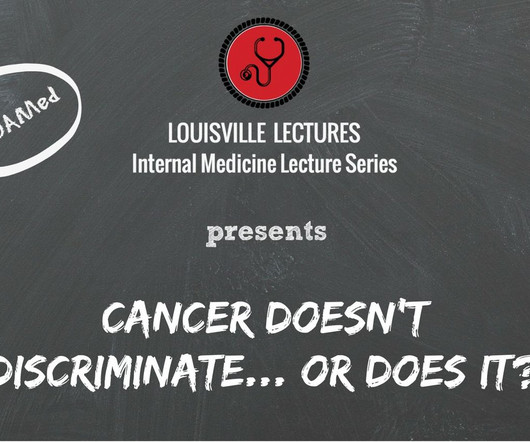
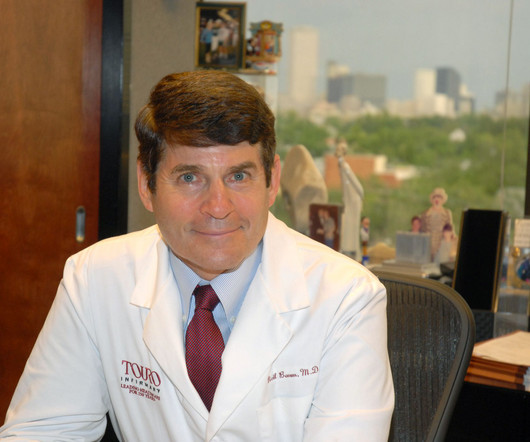
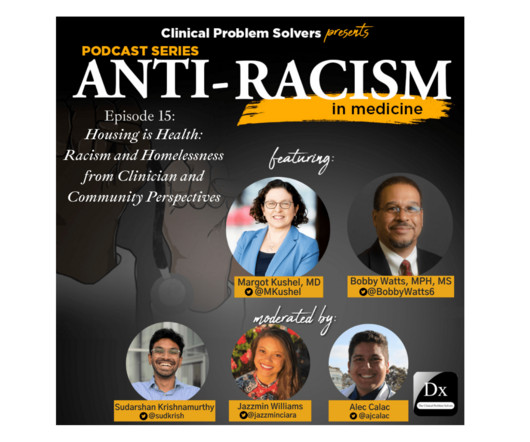
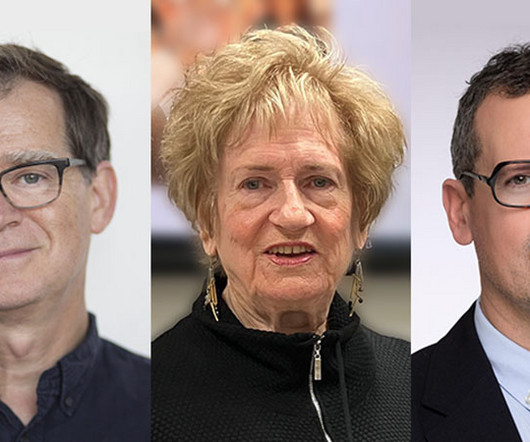
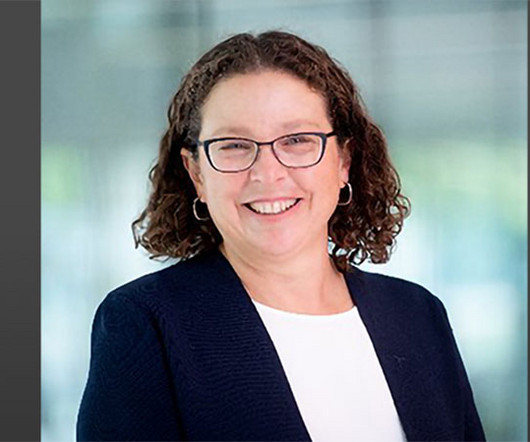






Let's personalize your content